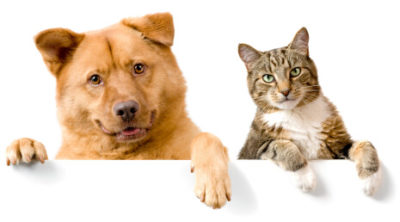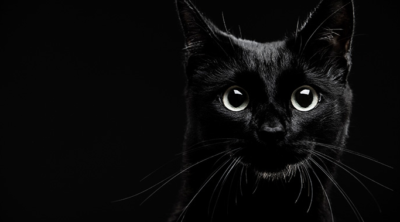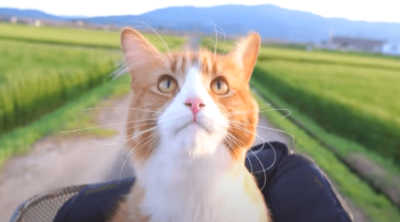Liver failure is much more common in cats than most people might think. It is a serious condition that needs immediate veterinary attention. This article provides more information.
The liver is the most important organ in the body that helps in digestion, biosynthesis, energy metabolism, removal of waste, and immune regulation. It not only regulates the healthy chemicals that the body requires, but also produces different blood clotting factors. Since there is a direct blood supply from the gut to the liver, the liver is highly vulnerable to infections or injuries due to different toxic substances. Liver failure is one of the most severe health problems that a cat can suffer from. The disease shuts down different functions performed by the liver and can lead to serious illness and even death.
Feline liver failure is a common disease linked with other feline diseases like hepatic lipidosis or fatty liver syndrome and diabetes mellitus, usually observed in overweight, older cats and in cats that might have experienced high-stress situations like a surgery, or abrupt changes in their home life. It is also closely-related to other diseases like diabetes, heart failure, feline pancreatitis, etc. and hence can be misdiagnosed unless proper tests are conducted to identify it.
Causes
Toxic substances, chemicals, heat stoke, etc. are some possible causes. Fatty liver disease, hyperthyroidism, or acute circulatory failure are also responsible for this disorder. One of the main causes is a sudden, massive hepatic necrosis, i.e. tissue death in the liver. Poor flow of fluids in the liver and the surrounding tissues, hypoxia, and loss of liver enzymes can impair the liver function and will ultimately lead to complete organ failure. It is also caused due to extensive metabolic disorders in protein synthesis, glucose absorption, and abnormalities in the metabolic detoxification process, which can eventually lead to death.
Symptoms
This disease reduces the blood glucose, potassium, and cholesterol levels in the body. Though liver problems are difficult to detect initially, some of the symptoms that you might observe in the cat are as follows.
- Loss of appetite
- Vomiting and diarrhea
- Weight loss
- Yellowing of eyes, ears, and gums (jaundice)
- Pale-gray feces and orange urine
- Abdominal swelling
- Seizures
- Lethargy and depression
Diagnosis and Treatment
A complete blood workup, i.e., hematology, biochemistry analysis, and urine analysis are required for diagnosis. X-rays, ultrasound tests, and a liver biopsy (the removal and analysis of affected tissue) have to be conducted to indicate an enlarged liver, other hepatic abnormalities, and how serious the illness can be.
Hospitalization is essential for cure. Fluids and electrolytes, colloid replacements, and oxygen supplementation are the main aspects of the treatment. Catheter feeding is suggested in severe cases and enteric feeding, i.e. feeding directly into the intestines is recommended for stable cases. Medications like antiemetics, hepatic encephalopathy drugs, hepatoprotectants, coagulopathy drugs, and antioxidants can be given to the sick cat, but only under the veterinarian’s supervision. Along with this, a protein-rich diet with additional vitamin E and K supplements is also advised.
Liver failure can be hard to diagnose in cats as its signs are quite similar to other feline diseases. If it is detected late in the progression, it can be difficult to cure. Hence, it is necessary to maintain a periodic schedule of checkups and visits to the veterinarian, especially if your cat has a history of health problems, has faced any high-stress situations, or is overweight.


